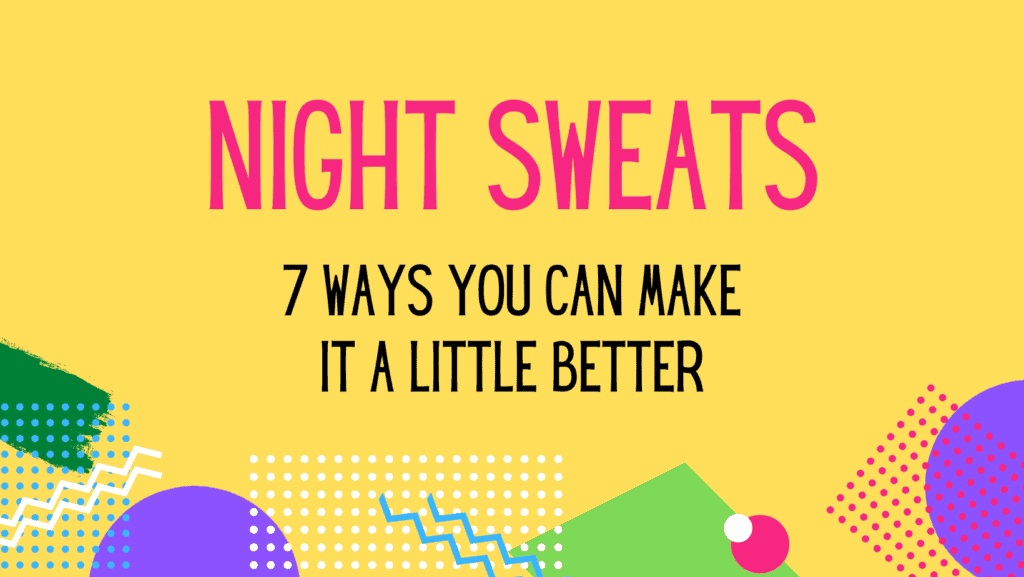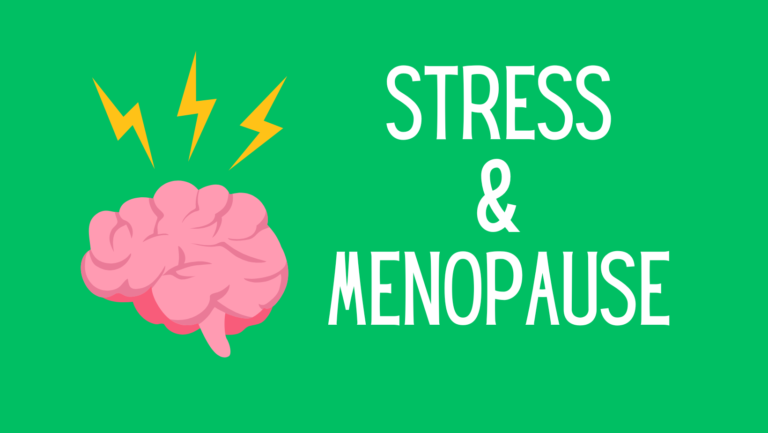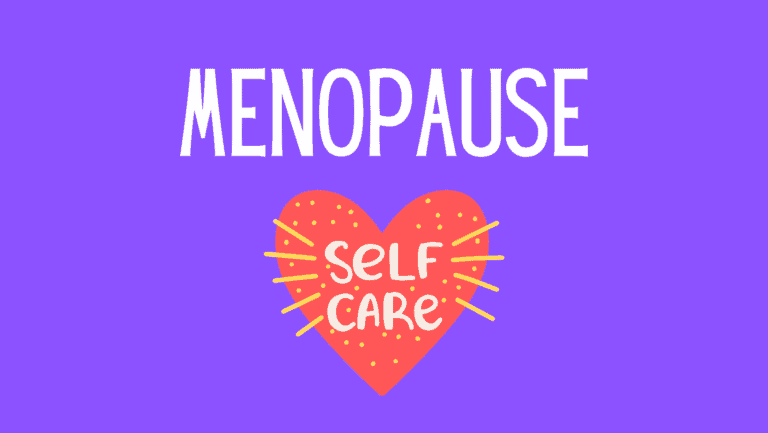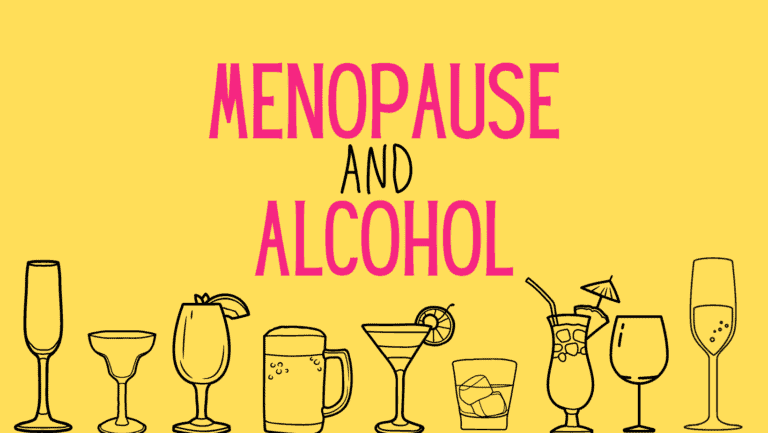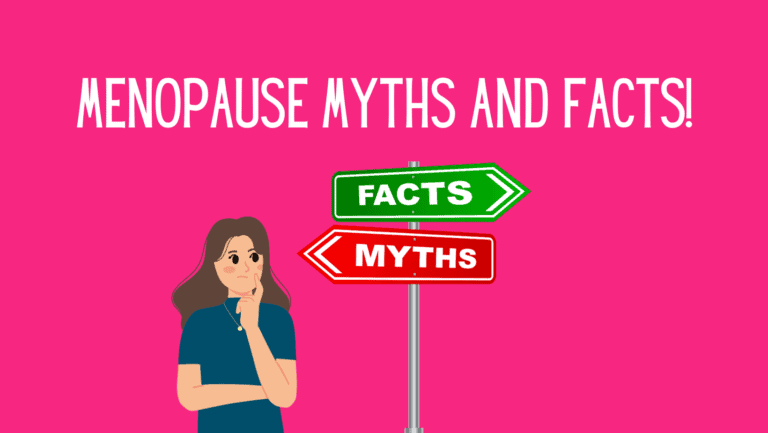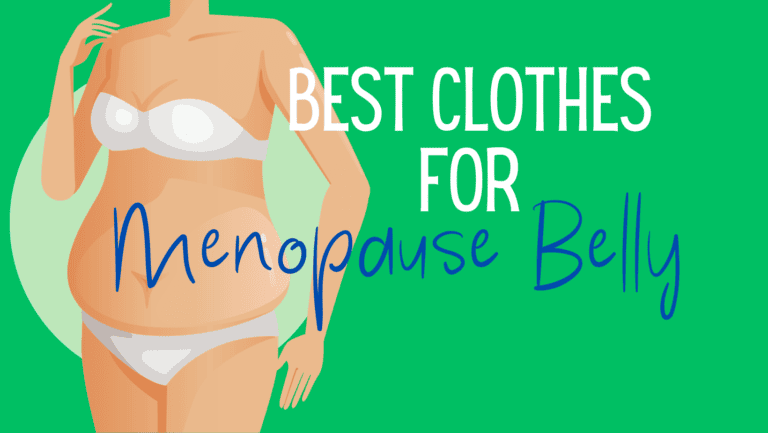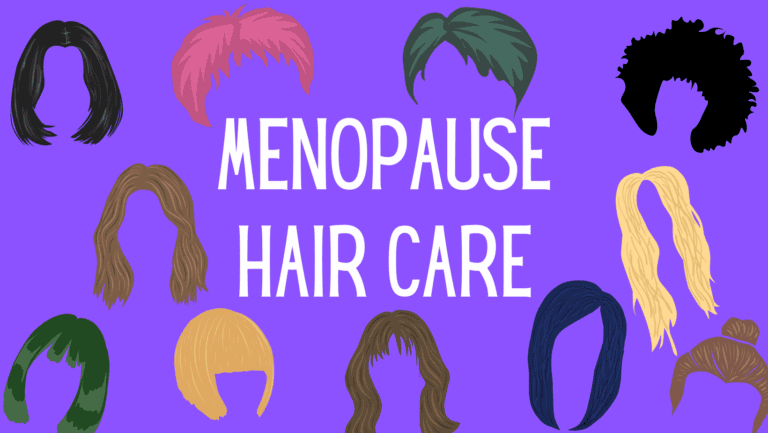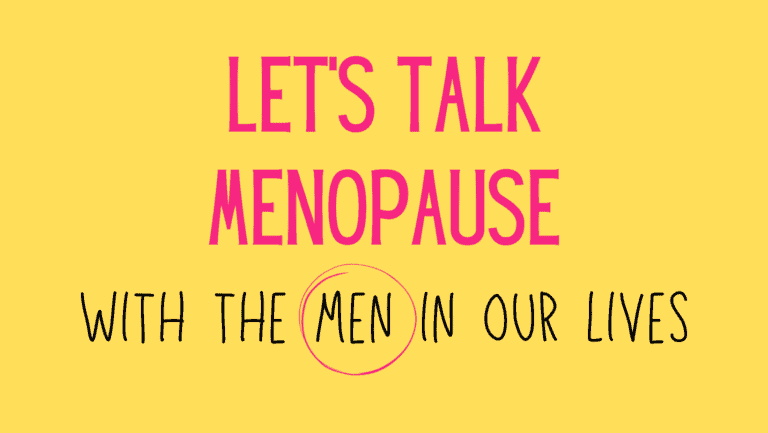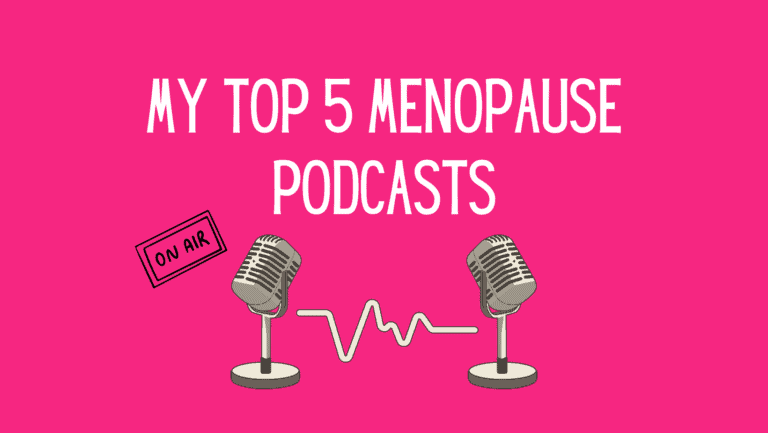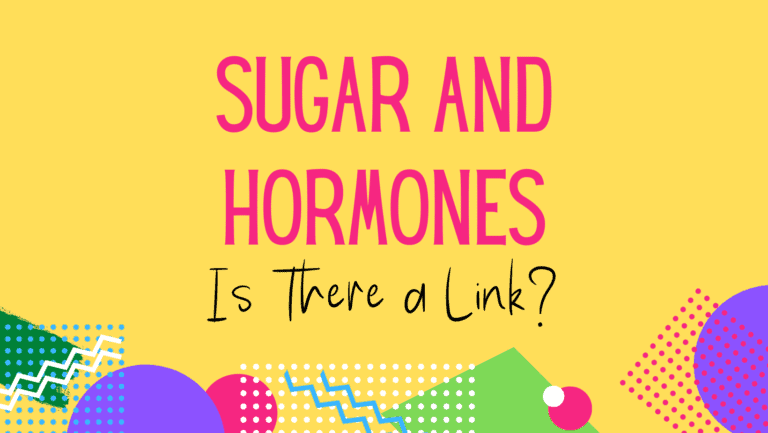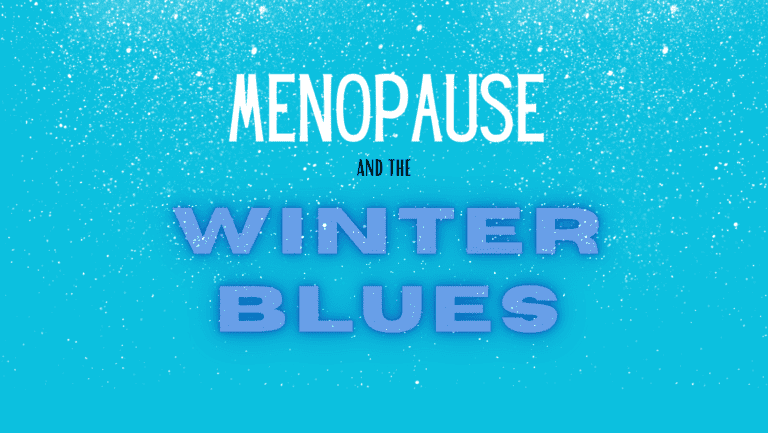Jump to what you need...
Waking up in the night drenched in sweat is no one’s favourite thing but when it comes out of nowhere it can be concerning, especially if you don’t realise that night sweats during menopause are extremely common.
I have not suffered a lot with night sweats but I am way hotter (not like that, I wish) than I was before my oestrogen took a hike, so I use a lot of the techniques we are going to discuss.
Even having one night sweat is enough to make you want to have options for if it ever comes back again.
So let’s take a closer look at these sudden feelings of heat and see what it is all about.
What Causes Night Sweats?
As our hormones fluctuate during menopause we have a decrease in oestrogen, which is significant in how our brain regulates our body temperature and gets rid of heat.
Night sweats are one of the menopausal symptoms that can come out of nowhere, some of the physical symptoms of night sweats are waking up soaking wet from head to toe in the middle of the night, not really sure if it is from a nightmare, red skin, heart racing and often women don’t realise that this is one of the menopausal symptoms.
Night sweats and hot flushes / hot flashes are vasomotor symptoms which happen when a sudden feeling of intense heat makes the blood vessels expand to allow blood through and then they contract, leaving you hot, with red skin and sometimes your heart rate increases, it’s not fun.
What Stage of Menopause is Night Sweats?
Vasomotor symptoms start at any time in the menopause timeline, from perimenopause right the way through to post-menopause. Most women find them to be most common during the first year after their last period stops.
So night sweats can happen at any time at all and there are usually no warning signs, sometimes there are no other symptoms either.
There are a few stages of menopause which if I am being honest I didn’t know existed until I started my menopausal transition.
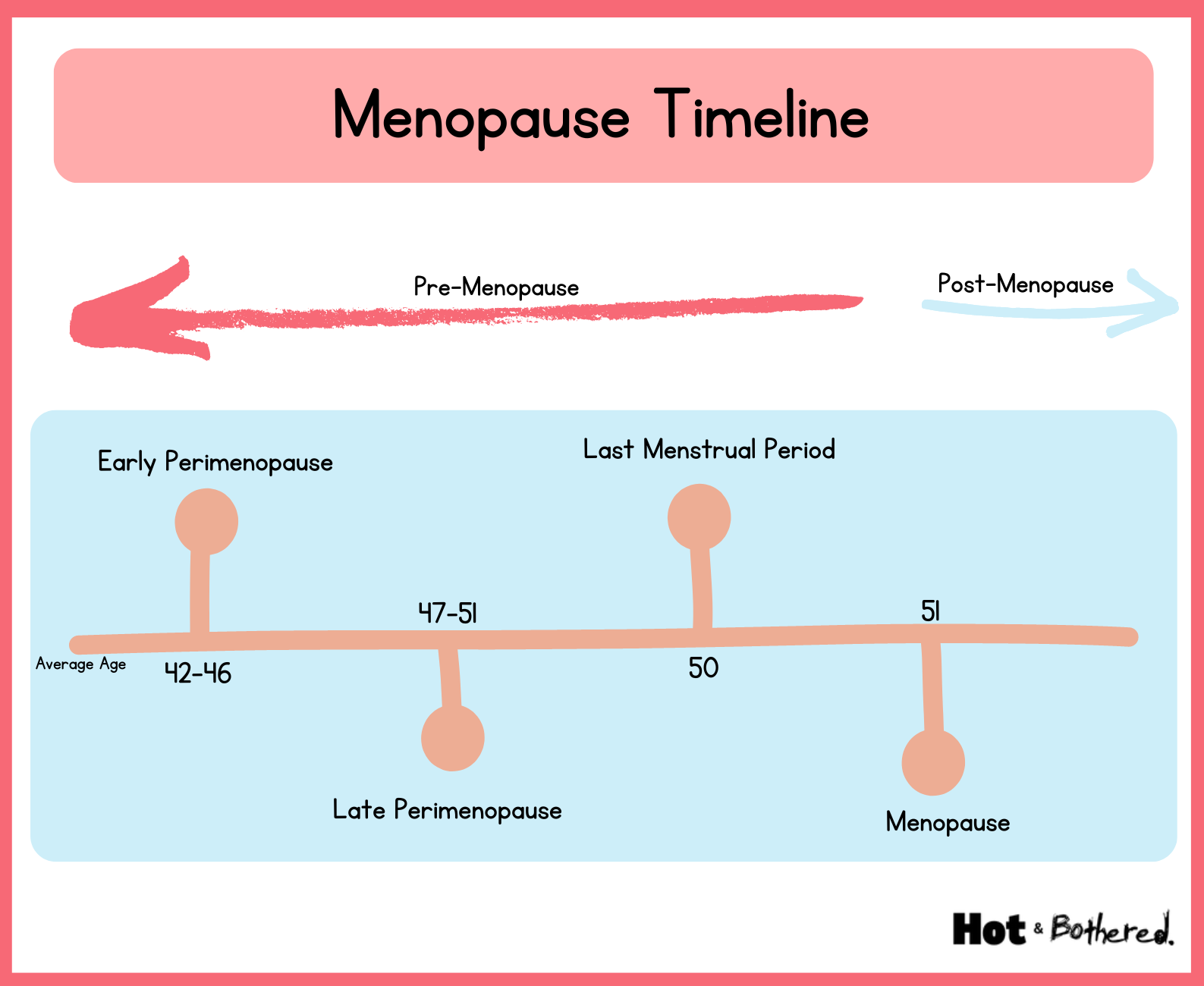
How Many Women Suffer From Night Sweats in Menopause?
Hot flushes (hot flashes) and night sweats are very common during perimenopause and menopause, research has suggested that around three-quarters of all women in the menopausal transition experience night sweats.
That’s 3 out of 4 menopausal women will experience vasomotor symptoms at some point during their menopause transition.
A large portion of women in the 60-65 age bracket still has night sweats when technically they are in the post menopause stage of their lives, so they can hang around for a long time.
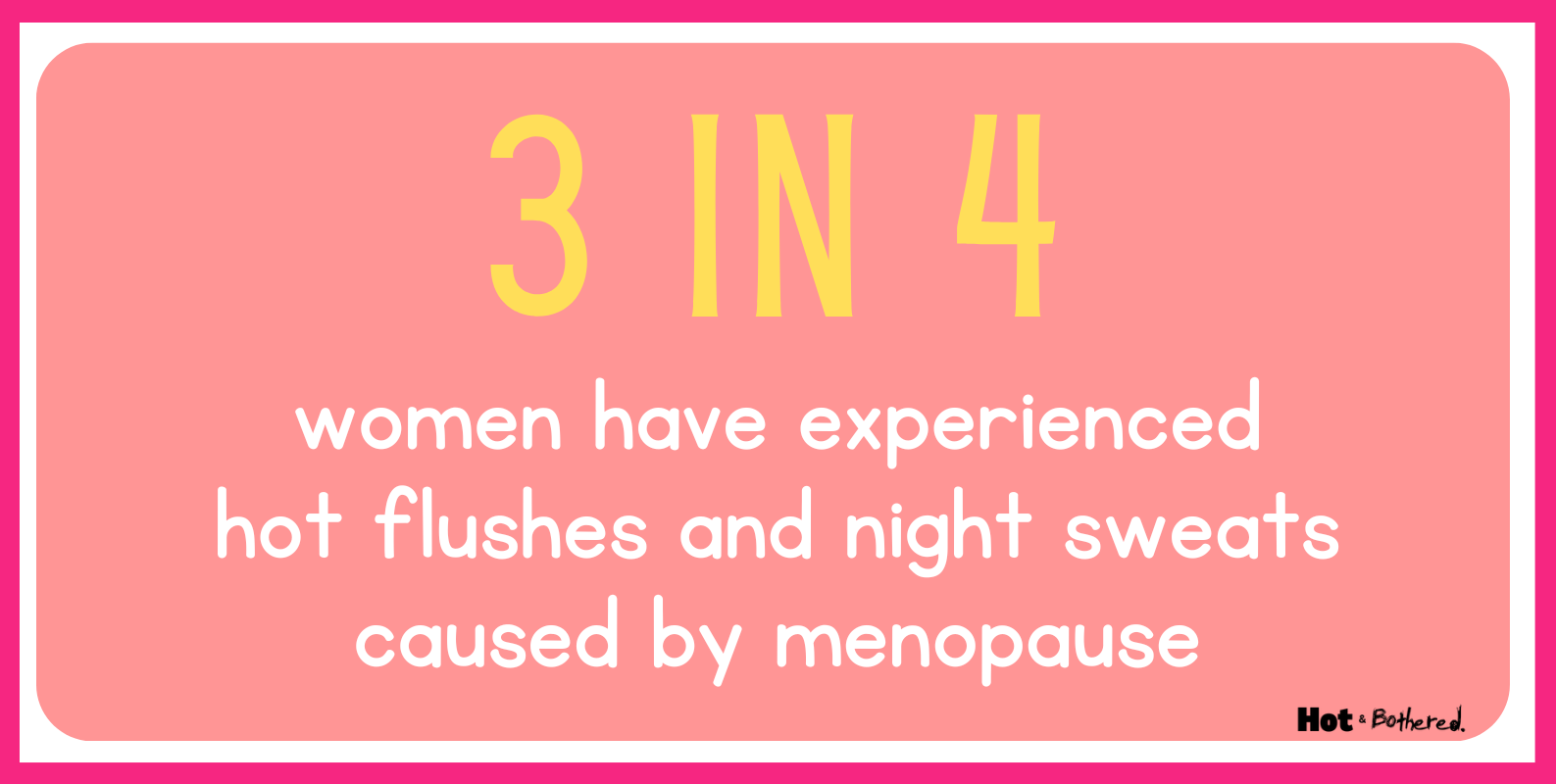
How Can I Help Night Sweats?
Thankfully ladies there is a lot we can do to make our lives a little easier when dealing with night sweats.
Not everything suggested here will work or be suitable for all women, but there are tried and tested things that women are doing to make the night sweats that little more bearable.
It’s worth mentioning that speaking to your GP when symptoms get too much is a really wise move, some women have found that hormone replacement therapy (HRT) has really helped with the symptoms.
I am on HRT and it really had been an effective treatment for 99% of the symptoms I have had, like I said, night sweats have not been a main symptom for me but HRT has helped a lot with my hormonal changes.
HRT might not be for everyone but if it is something you want to know more about, please go and speak to your GP about hormone therapies.
OK, let’s see what we can do to help with night sweats.
Sip Cold Water
I know this seems like common sense but hear me out. When I say cold water, I mean cold, not your lukewarm glass of tap water left by your bed. When you wake up in the night, burning hot and dripping wet, you need something very cold to cool you quickly, so buy a good flask like this one to keep you cold.
Cooling Gel Pillows and Mattress Toppers
These can make a huge difference, I have not tried cooling mattress toppers yet but I swear by my cooling gel pillow, it just helps with the heat on the back of my neck which is where I get hot, fast!
Loose-Fitting Clothes
Now I know we would all love to laze around naked during this phase but for those of us who would rather cover up a little, make sure it is a lightweight, breathable material with natural fibres that can cope with sudden warmth.
Lightweight Bedding
If you are like me and the bedding is on, then off, then wet, then cold (which is actually nice, then you need bedding that can cope with it. Opt for lightweight breathable bedding that you can layer and peel off as you need to.
Fans and Air Con
I have an air con unit in my room and it is there ready for when I need it as a backup to my fan. The fan is great and keeps cool air moving around the room but when I need to cool down fast I pop on the air con for an hour to help me get past it, it also can dispense cool water in a light mist but that just makes the bedding even more soaked!
Cold Packs Under The Bed
I have not tried this but have friends who swear that it helps with night sweats in menopause. Take it out of the freezer and pop it under your top sheet or pillow and it keeps it all cool for a long time, if you have tried this, please let me know.
Exercise
I know, I know but making small lifestyle changes can make a big difference to your health and keep you at a healthy weight. Weight gain is one of the menopause symptoms that directly affect others and can make night sweats and hot flushes worse. I know that losing weight is not easy, never mind during menopause but focus on being healthy and the rest will follow.
What Makes Night Sweats Worse?
As with any symptom, there are things which will exasperate the problem and can become common triggers.
Here are some things to avoid to help with night sweats.
Avoid certain foods– some studies have shown that spicy foods, high-fat foods, tomato-based meals and chocolate extra can be a sod at night in creating more acid and acid reflux can lead to night sweats, my advice, avoid triggers if you know what they are.
Alcohol – too much of anything is rarely good but alcohol affects a lot of things in your body when it comes to sleeping well, but in this instance, alcohol widens the blood vessels, causing blood to surge through and yep, you guessed it, causes night sweats.
Stress – we all need to reduce stress from time to time, meditation and acupuncture treatment has worked wonders for me, especially when it comes to sleep. Laying awake at night panicking and stressing will not help your night sweats, learning how to decrease stress and practice deep breathing will help a great deal when a night sweat happens.
Closing Thoughts
It can be hard to find relief from night sweats, especially if you are one of the poor women who might have to ride that train for many years, but as our hormone levels dance the night away there are ways you can help yourself.
If you find that night sweats are getting too much, you are not getting enough sleep, they are causing mood swings or just making you feel crap, you must go and speak to your GP, you need to be sure there are no underlying causes of the night sweats, you need to get the correct diagnosis.
Once you have started menopause, even in the early stages of perimenopause, normal life can feel like a distant memory but there is so much info out there to help, I often go to the British Menopause Society for my information and see what is happening with everything from hormone therapy, prescription medications, herbal remedies, nonhormonal medications and how women are rocking natural menopause.
Educating yourself on your menopause transition and in this instance, vasomotor symptoms is really important. If you want to know how to help your night sweats then it is good to understand why they are happening.
So my sweaty friends, do your research, try the tips above and I hope you manage your night sweats the absolute best you can.
Kathryn x
Disclosure: Some of the links in this brain.fm review article may be affiliate links, meaning I get commission if you decide to purchase through one of those links, at no cost to you. Please read my Privacy Policy for more info.
Disclaimer: I am not a medical professional, herbal or physical therapist, and I am not educated in the menopause space. All opinions expressed on this blog are my own and should not be taken as medical advice. This blog is intended to share my personal experiences and insights, and should not be used as a substitute for professional advice. Please consult a qualified medical professional, herbal or physical therapist for any health-related concerns. Additionally, I strive to keep things light and entertaining, but please keep in mind that the topics discussed on this blog may be sensitive or triggering for some readers.
